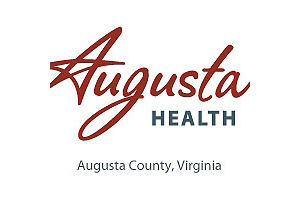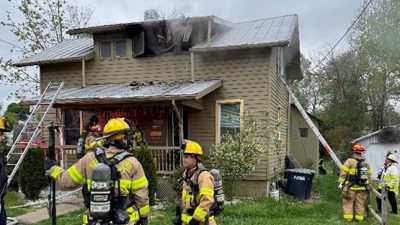
Called a “preventive oncology strategy”, breast cancer prevention is the goal of the High Risk Program at Augusta Health’s Center for Cancer and Blood Disorders. For those at high risk of developing breast cancer, the program provides a framework to reduce that risk and prevent cancer from occurring.
“Through our community genetic screening program, and with referrals from radiologists who identified patients through mammograms, we realized we’d discovered a fairly sizeable pool of people who were at high risk for cancer or breast cancer,” says Donna Markey, NP, who has co-developed the High Risk Program’s multi-disciplinary team. “So the next question is, ‘What do you do?’. What does the patient do with this knowledge? What do we, as healthcare providers, do to help them reduce this risk? Our answer has been to develop the High Risk Program and Clinic to work with the patients to understand their risk, what they can do to reduce the risk and prevent cancer from occurring, where possible.”
During the past 12 months, more than 1130 community members have been screened by the community genetic cancer screening process. Of those, about 400 were found to be at high risk, qualifying for genetic screening and cancer risk assessment. Additional patients have been identified by other medical providers in primary care, gastroenterology and surgery. Many factors contribute to a person’s risk for breast cancer. A positive breast cancer-related gene in the genetic screen is one factor, but others include breast density, bone density, a history of benign breast biopsy, and even the age of the woman when she first gave birth (or never giving birth) and age of menopause.
“There’s actually a mathematical risk model for calculating a risk for breast cancer,” explains Markey, “so we can determine, after speaking with the patient, whether her risk for breast cancer is high or moderate or low.”
Those at increased risk can become a part of the High Risk Program to reduce their risks. The program staff is multi-disciplinary and includes Markey and Naheed Velji, MD for clinical expertise, clinical dietitian Mary Beth Landes for nutrition counseling, fitness expert Sarah Martin and social worker Emma Kyger.
For those who join the program, an initial two-hour appointment allows time for a half-hour visit with each specialty area where they pinpoint goals that may include a change in diet, an exercise regime, methods for stress reduction, and if needed, additional surveillance through mammograms and MRI each year. The goals for each patient are customized and relate to which risk factors the patient can reduce. After that visit, follow-up is once or twice a year, depending on need, and can be over the phone if that is safest.
“The significance of this High Risk Program is that we are actively working to prevent cancer from occurring at all,” adds Markey. “Most High Risk Programs are at academic medical centers, but we are providing this here in our community at Augusta Health. We might be the only community hospital in the state providing a comprehensive High Risk Program at this time. “An important take-away for each person is that they understand that risk scores can be calculated. If we discover your risk is high, we can help you lower that risk and follow you in this clinical program.”
For more information on the High Risk Program at Augusta Health’s Center for Cancer and Blood Disorders, or to discover more about your personal risk, contact Donna Markey at 540.245.7145 or [email protected].
Story by Lisa L. Schwenk










